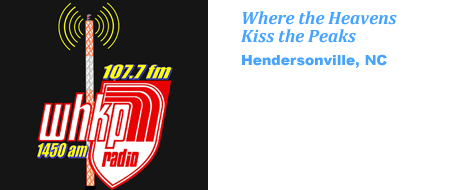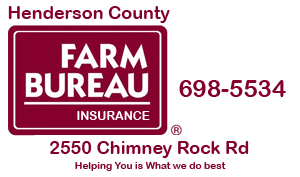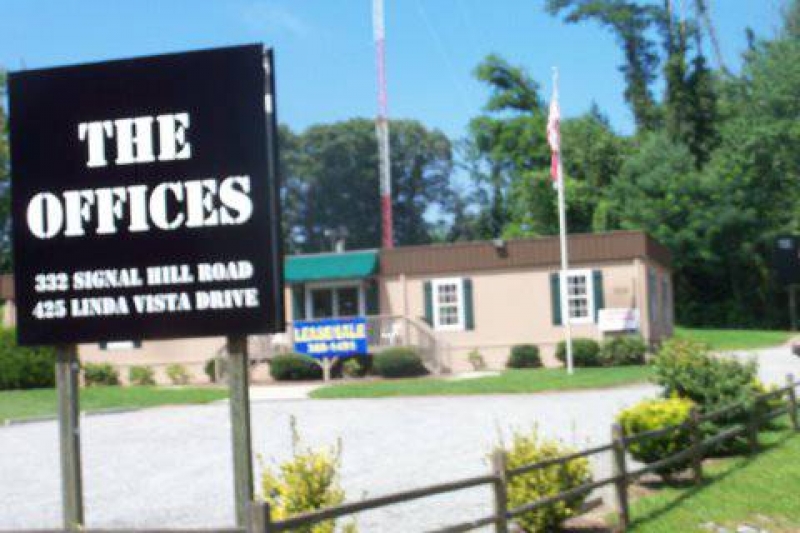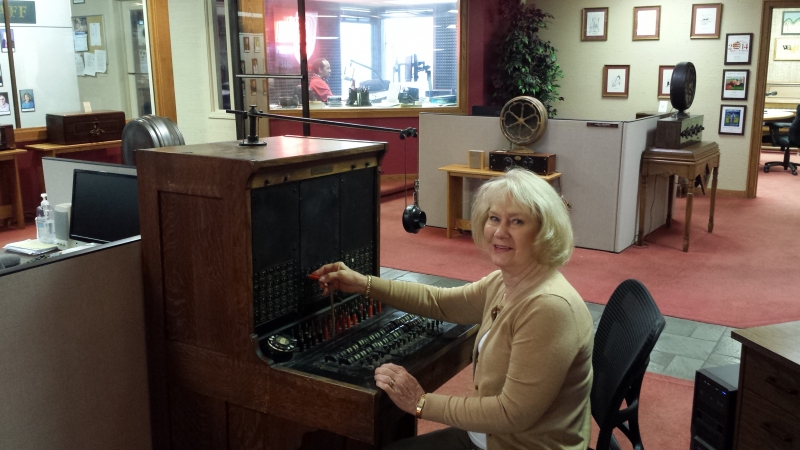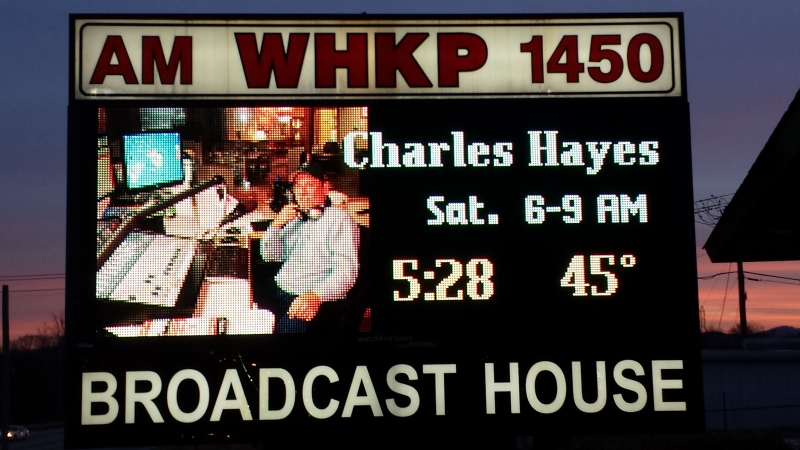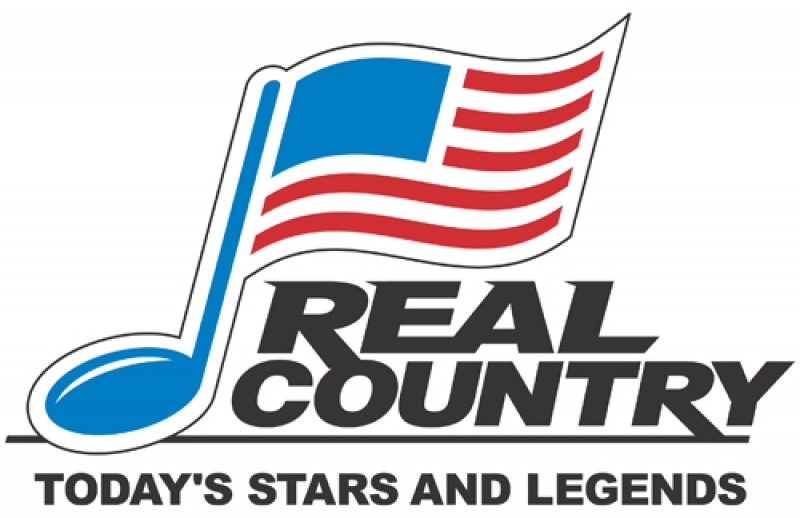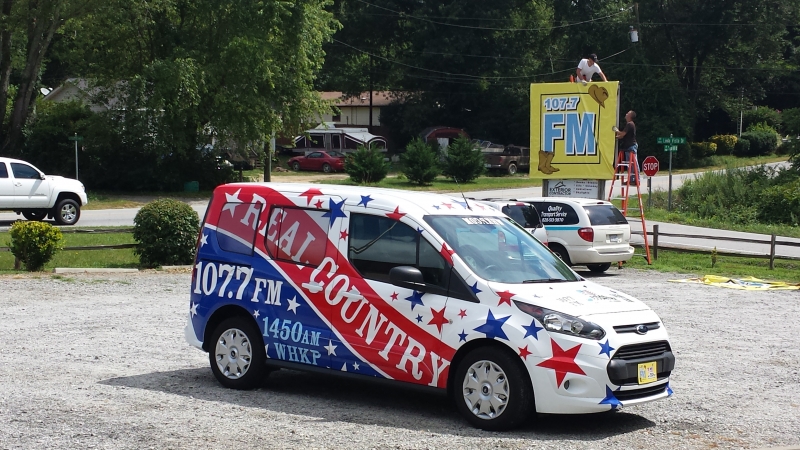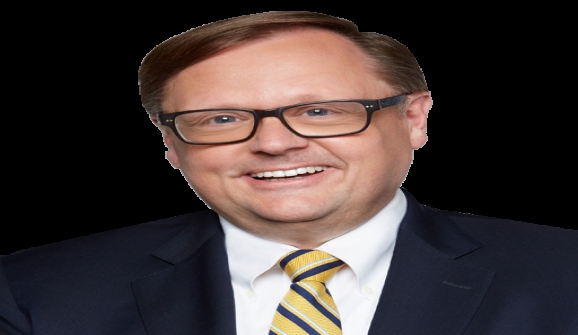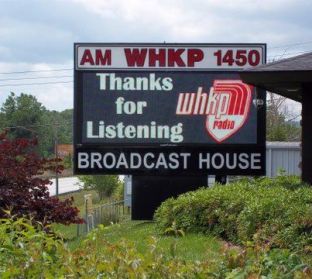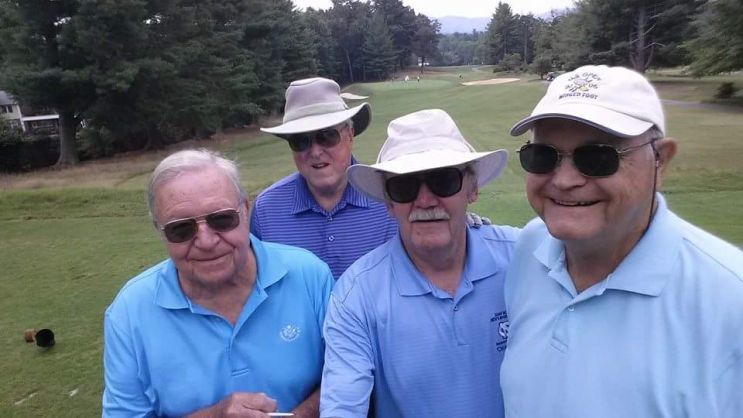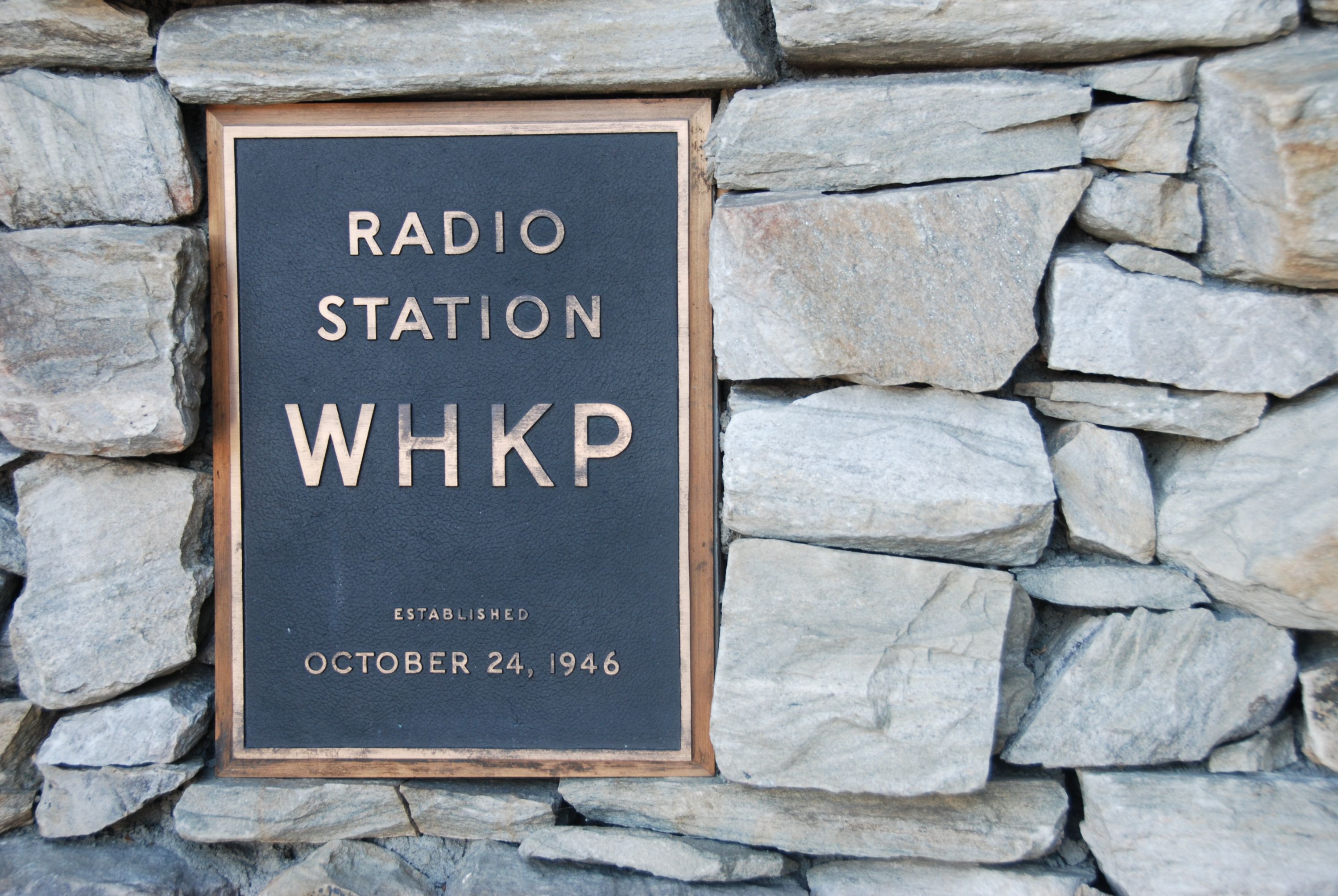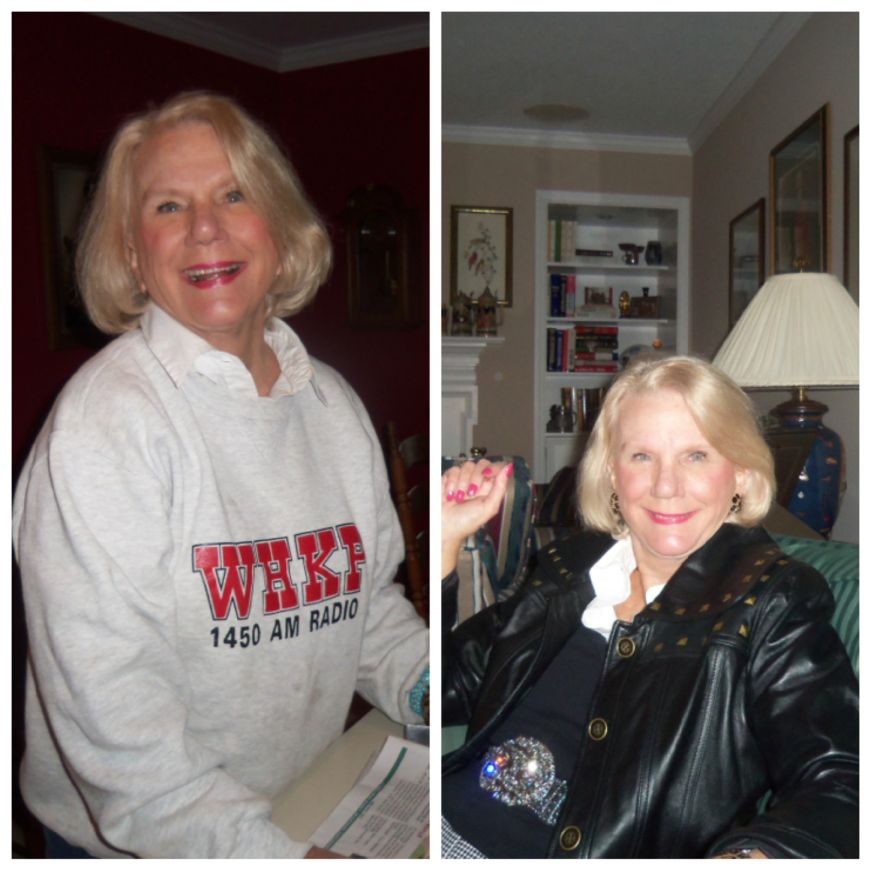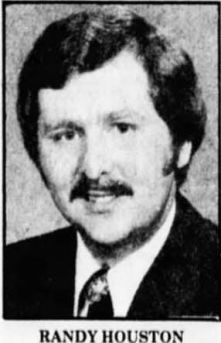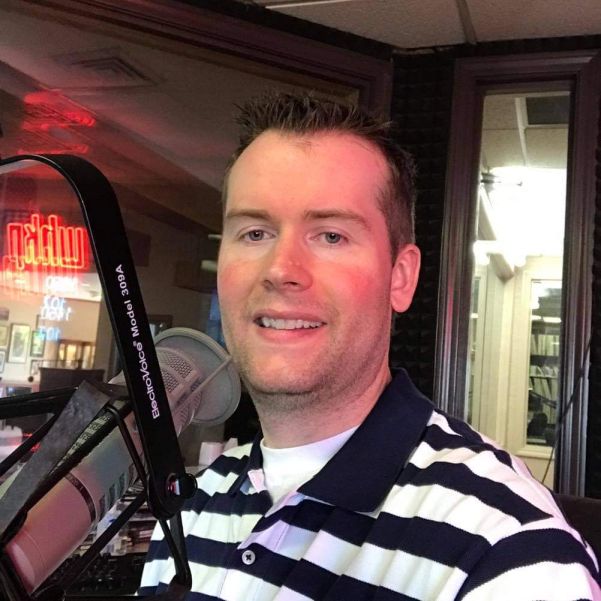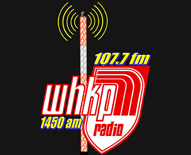The City of Hendersonville is welcoming a new Environmental Services Coordinator to the team as they send well wishes to the outgoing coordinator.
Amy Huffman has been the City’s Environmental Services Coordinator for the past two and a half years. This position is part of the Water and Sewer Department and is responsible for monitoring industrial and commercial sewer users as well as administering a variety of programs that help protect the city’s water and sewer systems. The City’s Environmental Services Coordinator oversees the industrial pretreatment program, FOG (fat, oils and grease) program, backflow and cross-connection control program, water conservation program and septage permitting program.
“You’re the protector of the sewer and instructor to the public,” said Amy Huffman when describing what an Environmental Services Coordinator does. “We make sure that industries, businesses and residents are utilizing the sewer system correctly.”
“As far as the industries are concerned, we have three significant sewer system users,” said Huffman.” She described how the City works with these industries to ensure the effluent being discharged into the system has been pretreated and meets the standards outlined in the Sewer Use Ordinance and other state and federal regulations. Huffman explained that the industries send in reports every month and annual inspections are completed to make sure they are in compliance.
“Amy has done a wonderful job,” said Lee Smith, Utilities Director with the City of Hendersonville. “She is very good with our industrial customers and restaurants. She holds people responsible but does it in a very professional way.” Lee explained that the new Environmental Services Coordinator has been training with Amy for the past two weeks and is expected to do a great job administering the various programs, including the City’s relatively new backflow prevention program.
The City of Hendersonville’s Backflow Prevention Program was initiated in 2018 with the approval of a new section to the Utilities Ordinance (Chapter 52, Article VIII) in September. This involves classifying the degree of health hazard risk of new industrial and commercial customers regarding chemicals and processes on their sites that could affect the City’s water system. Those with low to moderate health hazards may only be required to install a double check valve assembly, while those with a high health hazard risk would be required to install an above ground reduced pressure zone double check valve (RPZ) assembly. Once approved for installation, the customer is responsible for the installation, maintenance and annual testing of the assembly. These assemblies help to ensure that water from the customer’s side of the meter does not flow back into the City’s water supply system.
Amy Huffman will be stepping away from the City to take a year off to travel with her husband. She will be handing over the reins to Seth Goad. Seth is a geologist and has been a consultant in the private sector for the past eight years. Goad stated that he has always wanted to work for a public entity because of the opportunity to give back to the community and make a positive environmental impact.
Another important aspect of this position’s role is working with businesses and residents to reduce the amount of fat, oil and grease that enters the sewer system. These substances build up over time in sewer lines and cause back-ups, necessitate expensive repairs and can cause potential issues throughout the collection system and treatment plant. Huffman’s role, taken over by Goad on February 18th, is to work with restaurants and other businesses to install grease traps and implement other methods to prevent blockages in the sanitary sewer system.
“When we learn about new restaurants and businesses coming online, we touch base with them and discuss the kind of grease trap they’ll need and best practices that can help prevent blockages,” said Huffman. She explained that, although restaurants are dealing with a higher volume of fat, oils and grease, residents should also take steps to reduce the impact of these substances ending up in the sewer system from the domestic side.
“I tell business owners as well as residents, ‘If you are going to have a backup, it’s probably going to be on your end first,’” said Huffman. She explained that if people are depositing these substances into the sewer system, as they cool and solidify, they will eventually cause issues on the customer’s portion of the line or further along in the system. Either way, it comes with a cost, whether residents are paying to fix their own line backups, or the municipality is utilizing funds to fix issues throughout the collection system or at the wastewater treatment plant. One slogan that Amy likes to use is “Cease the Grease” when she is speaking with customers about proper fat, oils and grease disposal.
Below are some steps that residents can take to minimize the impact of fat, oils and grease buildup in the sewer system. These tips can also minimize malfunctions and issues in private septic systems as well.
Don’t pour fats, oils, grease or food scraps down the drain, even in small quantities and even if you have a garbage disposal.
Cover the kitchen sink drain with a catch basket and empty contents into the garbage as needed.
Place oil and grease in sealable collection containers. Once collection containers are full, dispose of properly in the trash.
Recycle used cooking oil at the Henderson County Convenience Center.
Do not rely on hot water to push fats, oil, and grease through the pipes. It won’t clear your pipes, and you will still experience clogs.
